12 Albums That Shaped an Entire Generation
Throughout history, music has had the power to unite people and influence social change. Some albums, in particular, have captured the essence of an entire generation. With unforgettable melodies and meaningful lyrics, they have shaped how we see the world. These albums tell stories, express emotions, and provide anthems for life’s highs and lows.
This post may contain affiliate links, which helps keep this content free. Please read our disclosure for more info.
The Beatles – Sgt. Pepper’s Lonely Hearts Club Band
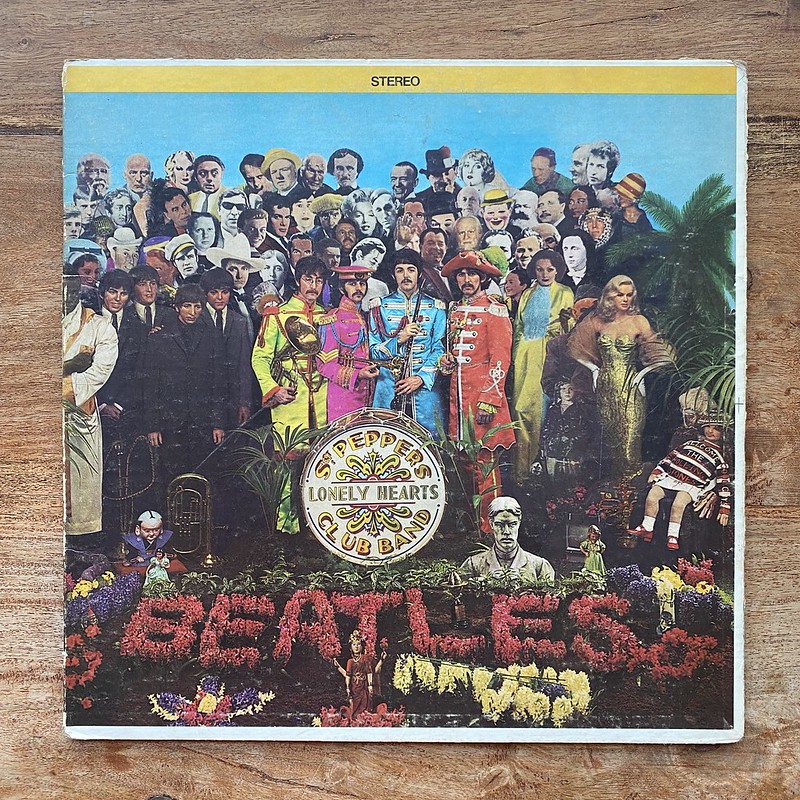
Sgt. Pepper’s Lonely Hearts Club Band is one of the most iconic albums in the history of popular music. Released in 1967, The Beatles created a masterpiece that redefined what an album could be. This record is filled with experimentation, blending rock, classical, and psychedelic elements. The innovative use of studio techniques and eclectic instrumentation set a new standard for creativity in music production.
The album is often seen as a cultural milestone, marking the peak of the ’60s counterculture. It spoke to a generation grappling with societal changes, from political upheaval to shifting cultural norms. Sgt. Pepper’s won multiple Grammy Awards and continues to influence musicians today. It is a timeless reminder of the power music has to capture the spirit of a generation.
Michael Jackson – Thriller
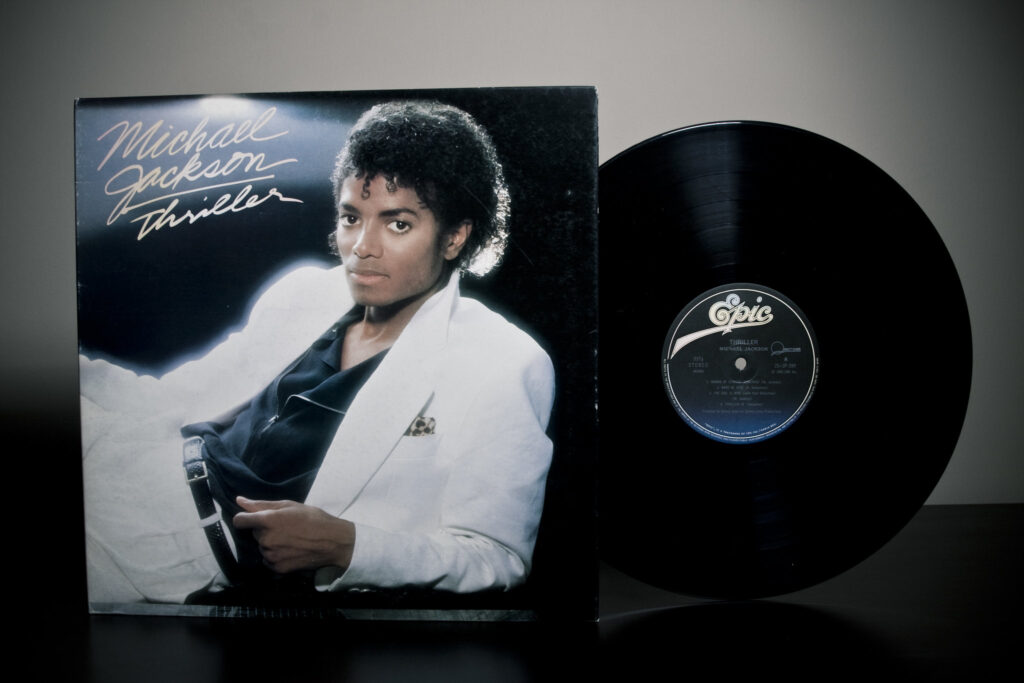
Thriller is an album that needs no introduction. Released in 1982, Michael Jackson’s groundbreaking work became the best-selling album of all time. The album featured massive hits like “Billie Jean,” “Beat It,” and the title track, which changed the face of pop music. Jackson’s ability to blend pop, rock, and R&B, along with his revolutionary music videos, set a new benchmark for the industry.
Thriller shaped a generation, pushing boundaries in both music and entertainment. Jackson’s influence extended beyond music into fashion, dance, and even social movements. The album remains a symbol of the 1980s and continues to have an enduring cultural impact. It remains a cornerstone of pop history and a touchstone for artists across genres.
Nirvana – Nevermind
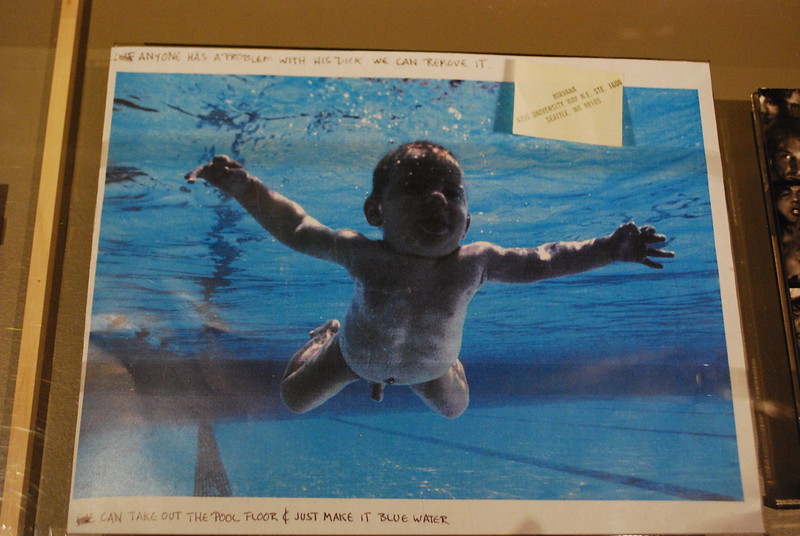
When Nirvana released Nevermind in 1991, it marked a turning point in the music scene. The album was a raw, unapologetic blast of grunge, fueled by Kurt Cobain’s powerful songwriting and electrifying guitar riffs. Smells Like Teen Spirit became an anthem for a generation, capturing the angst and disillusionment of the youth at the time. The album brought alternative rock into the mainstream and defined the ’90s sound.
Nevermind pushed the boundaries of what was commercially viable in music. It resonated with young listeners who felt disconnected from the polished pop culture of the ’80s. Cobain’s honest, confessional lyrics spoke to a generation struggling with identity, depression, and rebellion. The album remains a landmark of the era, often credited with shaping the future of rock music.
Pink Floyd – The Dark Side of the Moon
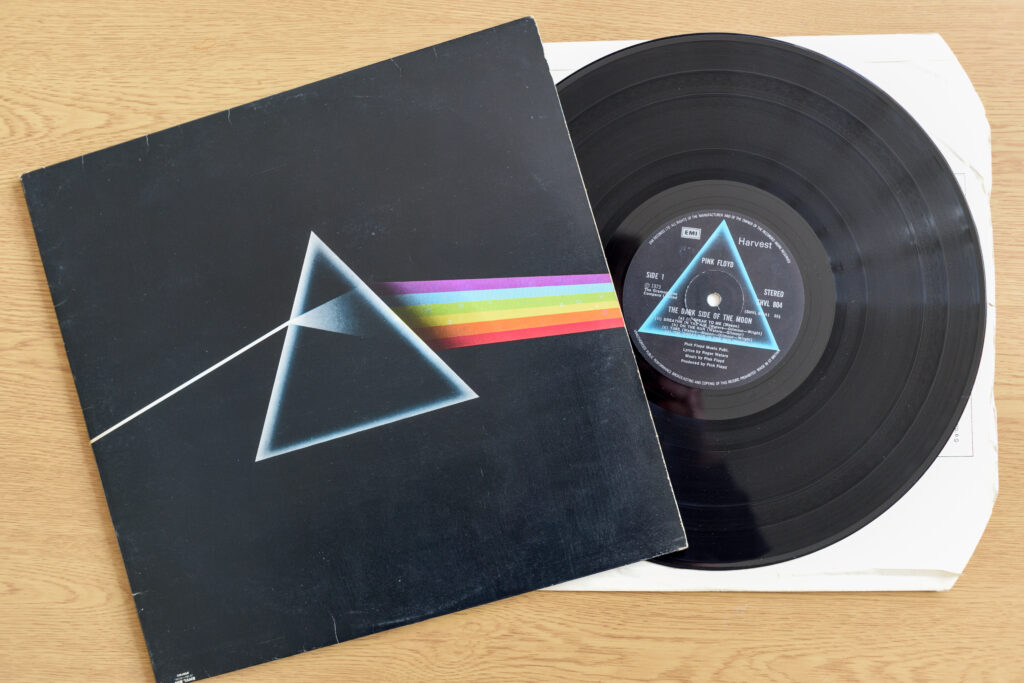
Released in 1973, The Dark Side of the Moon is a conceptual masterpiece by Pink Floyd. The album explores themes of mental illness, time, and the human experience, creating a deeply immersive listening experience. Its progressive rock sound, blending synthesizers, experimental effects, and philosophical lyrics, connected with listeners on a cerebral level. The album’s production was ahead of its time, influencing the way albums were made and heard.
The album became a cultural touchstone for generations who sought deeper meaning in life and art. The Dark Side of the Moon was a commercial success, remaining on the Billboard charts for a record-breaking period of over 900 weeks. It has been analyzed and celebrated for its artistic innovation and philosophical depth. It is considered one of the greatest albums ever made, continuing to inspire listeners worldwide.
The Clash – London Calling
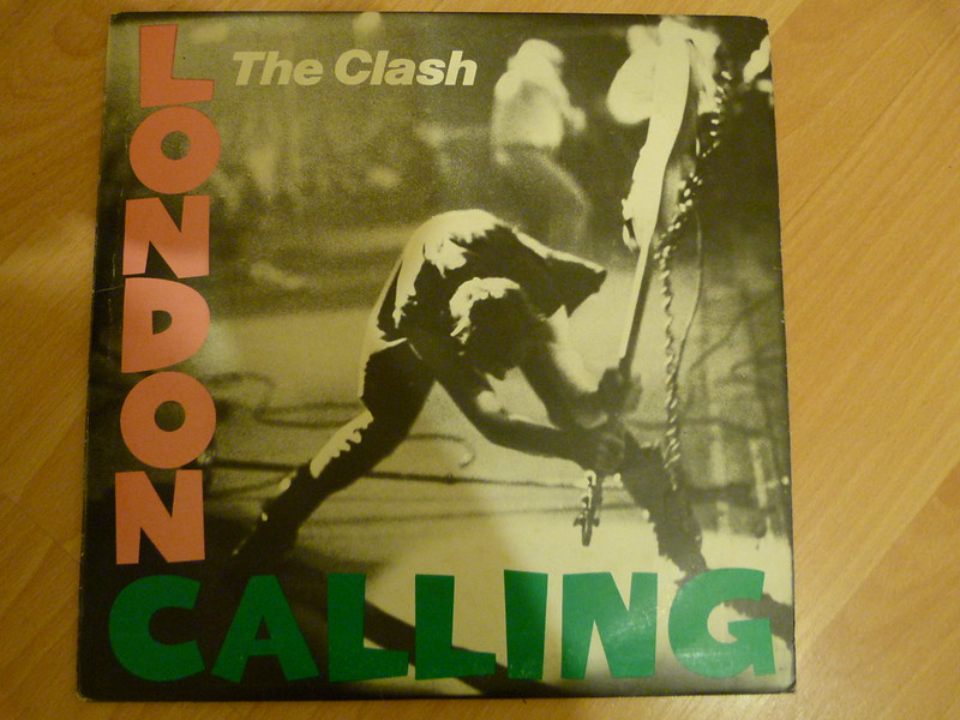
London Calling by The Clash, released in 1979, is often regarded as one of the greatest punk rock albums. With this record, the band pushed the boundaries of punk by blending reggae, rockabilly, and ska into their distinctive sound. The title track, a hard-hitting commentary on societal collapse, became a rallying cry for the disillusioned youth of the era. The album resonated with a generation facing political unrest and economic instability.
The band’s willingness to experiment with genres and address pressing social issues set London Calling apart from other albums of its time. It captured the spirit of the late ’70s, a period marked by discontent and the rise of youth movements. The album’s critical success helped cement The Clash as one of the most influential bands in rock history. London Calling remains a potent symbol of resistance and youthful rebellion.
Fleetwood Mac – Rumours
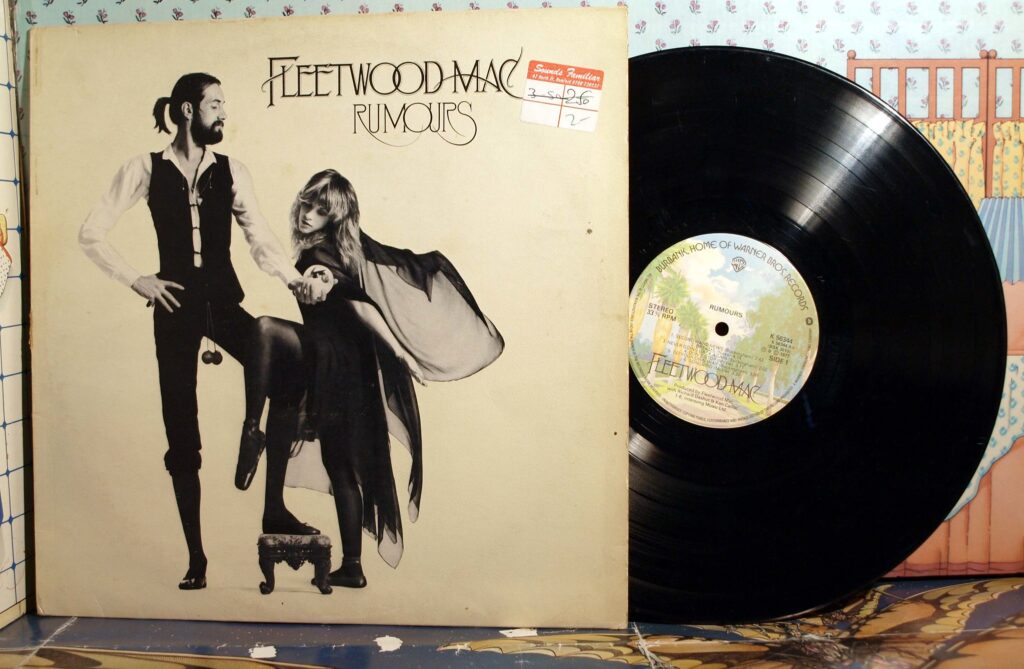
Released in 1977, Fleetwood Mac’s Rumours became one of the best-selling albums of all time. Known for its lush, emotional lyrics and harmonious melodies, it became an instant classic. The album’s raw and personal songs reflected the tensions and heartbreak within the band, particularly the tumultuous relationships of Stevie Nicks and Lindsey Buckingham. These emotional undercurrents connected deeply with listeners who found comfort in the vulnerability of the lyrics.
Rumours not only captured the personal turmoil of the band but also resonated with a generation grappling with the challenges of love and loss. The album’s success helped solidify Fleetwood Mac’s place in rock history. Its blend of folk rock, pop, and soft rock made it universally appealing, and its timeless tracks are still played on airwaves today. Rumours remains one of the definitive albums of the ’70s, holding a special place in the hearts of millions.
Bob Dylan – Highway 61 Revisited
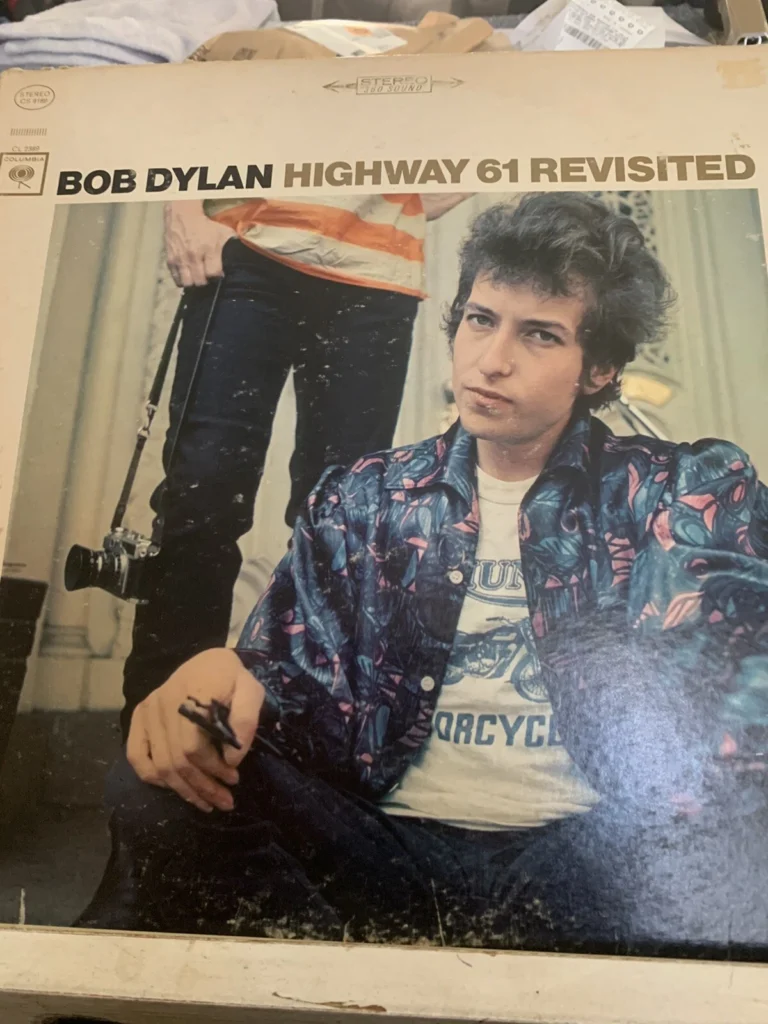
Released in 1965, Bob Dylan’s Highway 61 Revisited marked a pivotal moment in the evolution of folk and rock music. The album saw Dylan embracing electric instrumentation, creating a fusion of folk and rock that was radical at the time. Like a Rolling Stone, the album’s lead single, became one of Dylan’s most iconic songs, challenging traditional music forms and exploring themes of alienation and change.
Dylan’s poetic, cryptic lyrics on Highway 61 Revisited captured the complexity of modern life in a way that resonated with the disillusioned youth of the ’60s. The album reflected the changing cultural landscape and helped propel Dylan to legendary status. It influenced not just musicians, but the entire cultural zeitgeist of the era. Highway 61 Revisited remains a cornerstone of 20th-century music, revered for its bold experimentation and visionary artistry.
Bruce Springsteen – Born to Run
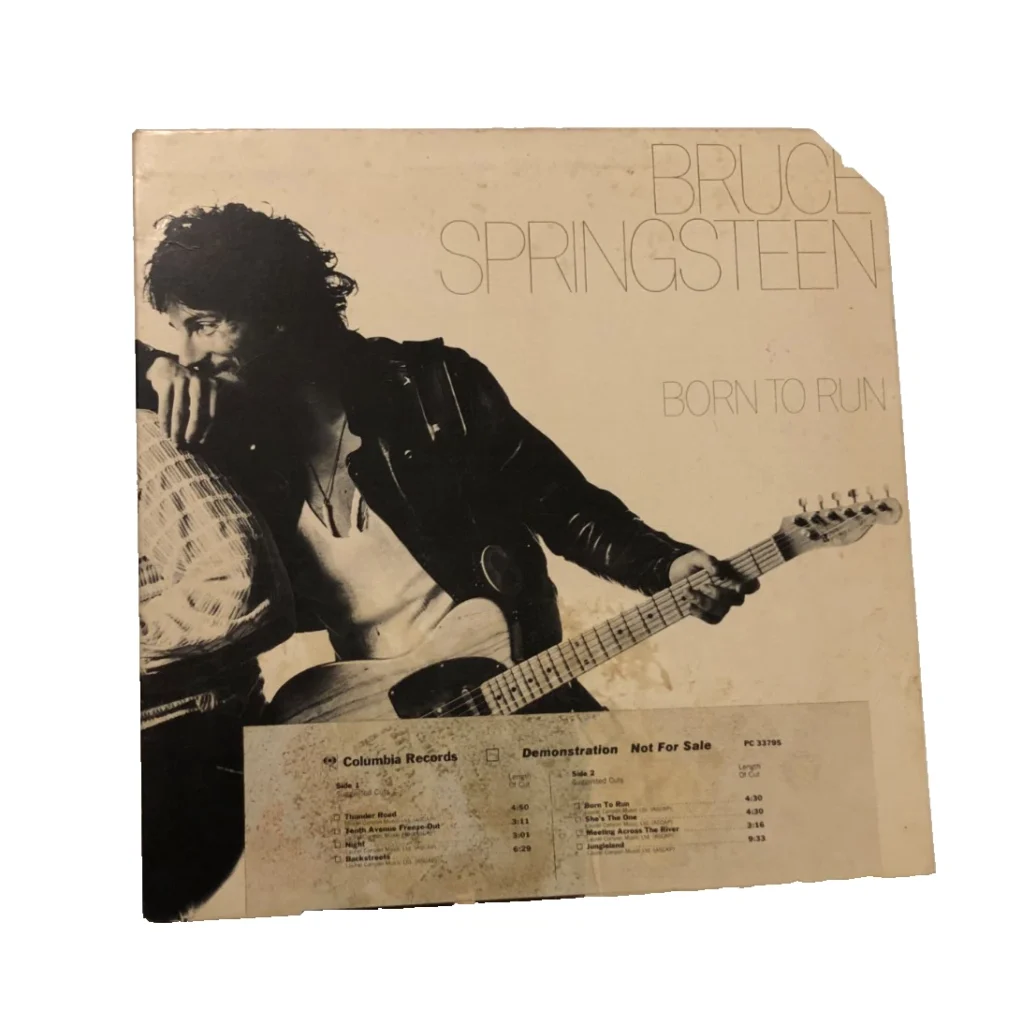
Released in 1975, Bruce Springsteen’s Born to Run is a powerful celebration of working-class dreams and aspirations. The album tells the story of young lovers yearning to escape the confines of their small-town lives, with soaring anthems like Thunder Road and the title track. Springsteen’s blend of rock and poetic storytelling made this album a rallying cry for a generation seeking freedom and change.
Born to Run captured the spirit of the American heartland, combining personal struggles with a universal desire for something greater. The album’s epic sound and emotionally charged lyrics struck a chord with listeners who felt disconnected from the promise of the American Dream. It cemented Springsteen’s place as one of the greatest rock songwriters of all time. Born to Run continues to inspire listeners with its message of hope, resilience, and the power of music to change lives.
Madonna – Like a Prayer
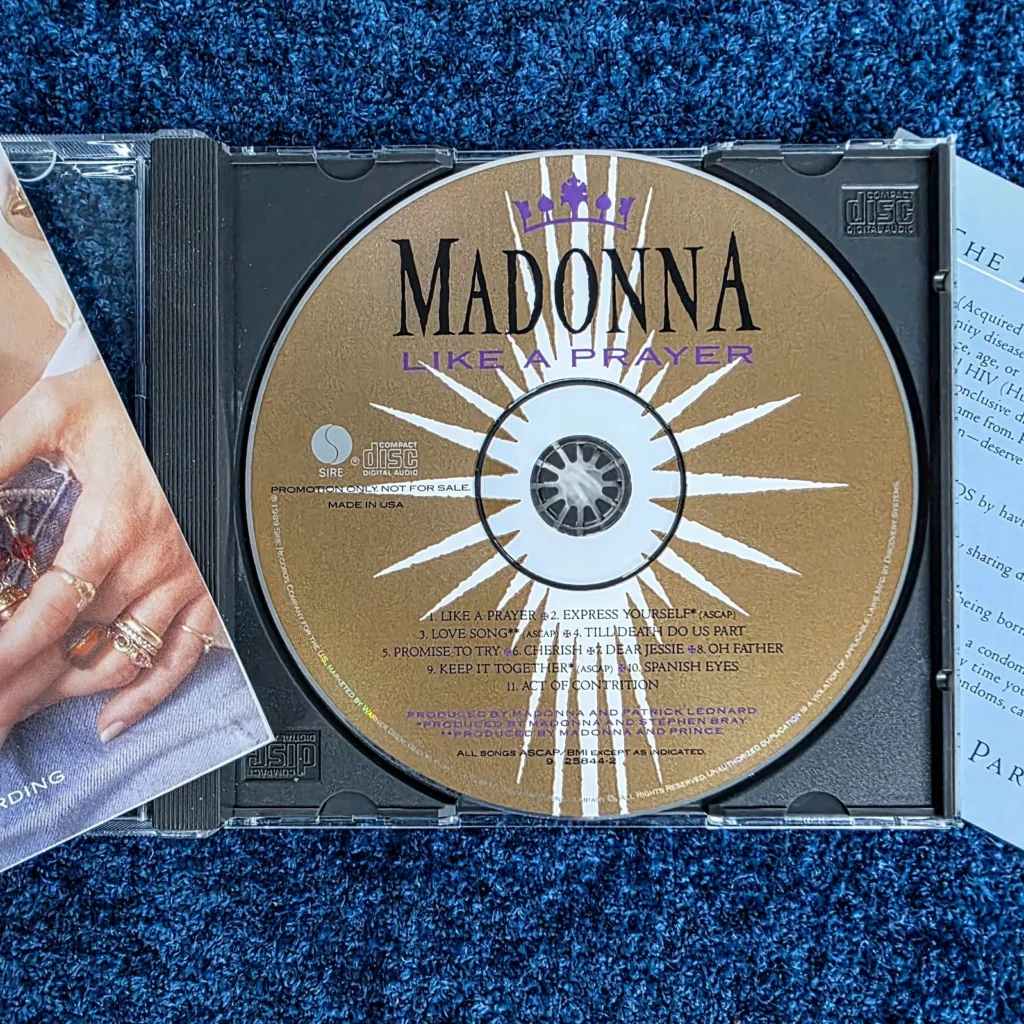
Madonna’s Like a Prayer, released in 1989, marked a pivotal moment in both her career and pop music history. The album blended pop, dance, and religious imagery, reflecting her ability to push boundaries and spark conversation. Tracks like Like a Prayer and Express Yourself became anthems of empowerment and self-expression, resonating with fans worldwide. Madonna’s fearless approach to taboo subjects challenged societal norms and set new standards for pop artists.
Like a Prayer not only solidified Madonna as the Queen of Pop but also redefined what pop music could represent. The album’s controversial themes and music videos attracted attention and debate, but they also earned critical acclaim. Madonna’s boldness inspired countless artists to use their platform to address personal and societal issues. Like a Prayer remains an essential album in pop culture, symbolizing both artistic evolution and cultural change.
U2 – The Joshua Tree

U2’s The Joshua Tree, released in 1987, became a defining album of the ’80s, mixing rock with spiritual and political themes. The album’s sound, rich with atmospheric guitars and poignant lyrics, helped U2 achieve worldwide fame. Songs like With or Without You and I Still Haven’t Found What I’m Looking For became anthems for a generation searching for meaning and connection. Bono’s powerful vocals and socially conscious lyrics created a soundtrack for personal and political transformation.
The Joshua Tree is often considered U2’s masterpiece, capturing the band at the height of their creative powers. The album’s blend of Americana, gospel, and rock influences set it apart from other records of the time. Its success marked a turning point in U2’s career, securing their place in rock history. The Joshua Tree continues to inspire listeners with its timeless messages of faith, longing, and human connection.
Lauryn Hill – The Miseducation of Lauryn Hill

Released in 1998, Lauryn Hill’s The Miseducation of Lauryn Hill was a genre-defying album that blended hip-hop, soul, and R&B in groundbreaking ways. The album’s honest, confessional lyrics tackled love, identity, and personal growth, resonating with listeners across generations. Tracks like Doo Wop (That Thing) and Ex-Factor became anthems of female empowerment and self-realization. Hill’s fusion of different musical styles helped redefine the sound of late ’90s R&B.
The Miseducation of Lauryn Hill was an instant classic, showcasing Hill’s immense talent as both a singer and a lyricist. The album earned her multiple Grammy Awards and remains influential in shaping the direction of contemporary R&B and hip-hop. Hill’s candid approach to storytelling spoke to a generation seeking authenticity and emotional depth in music. It is considered one of the most important albums of the ’90s and continues to be celebrated today.
The Smiths – The Queen Is Dead
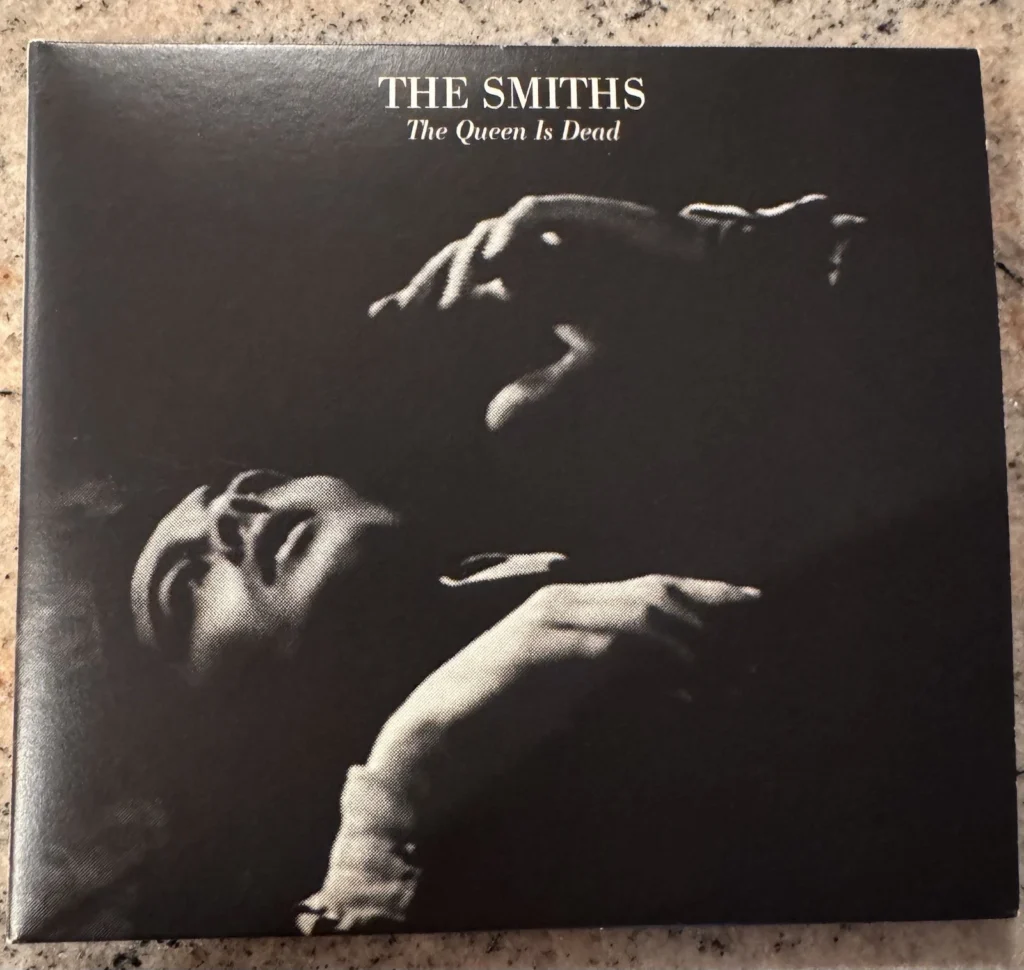
Released in 1986, The Queen Is Dead is often regarded as The Smiths’ finest album. The album’s melancholic yet poetic lyrics, paired with jangly guitar riffs, captured the introspective and often bleak nature of 1980s British life. Songs like There Is a Light That Never Goes Out became anthems for the disaffected youth of the era, dealing with themes of love, isolation, and existential angst. The album’s emotional depth and literary quality made it stand out in the alternative rock scene.
The Queen Is Dead solidified The Smiths’ place as one of the most influential bands of the ’80s. The album’s unique combination of dark humor, introspection, and catchy melodies resonated with fans across the world. It continues to inspire musicians and music lovers alike. The Queen Is Dead is often cited as one of the greatest albums of all time, with its impact still felt today.
This article originally appeared on Avocadu.
